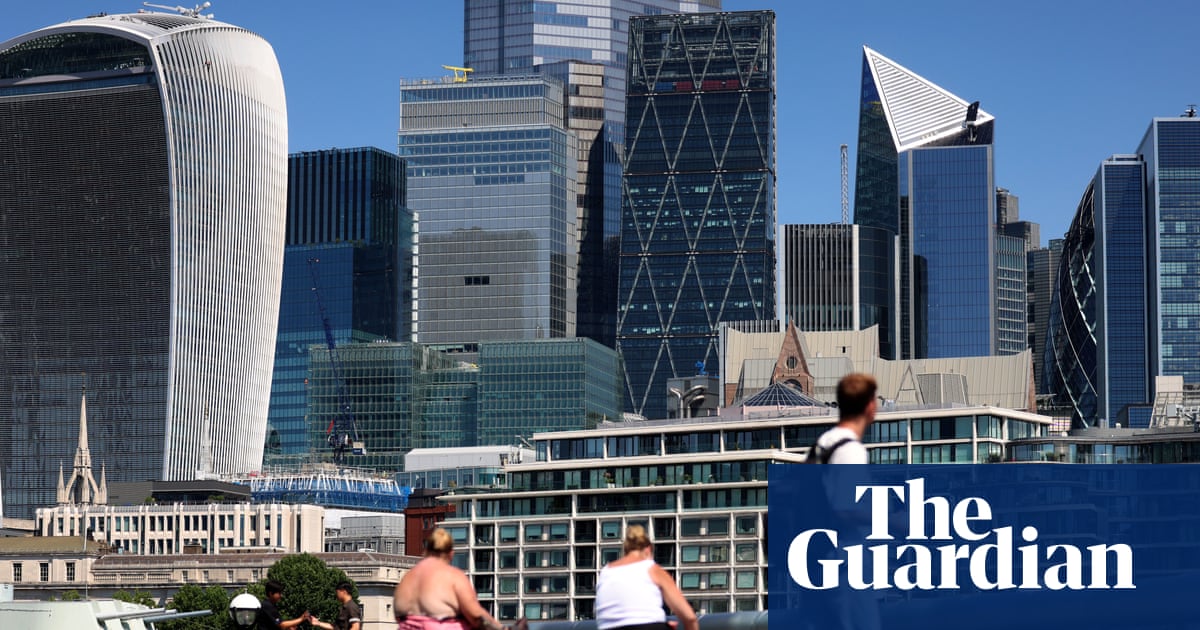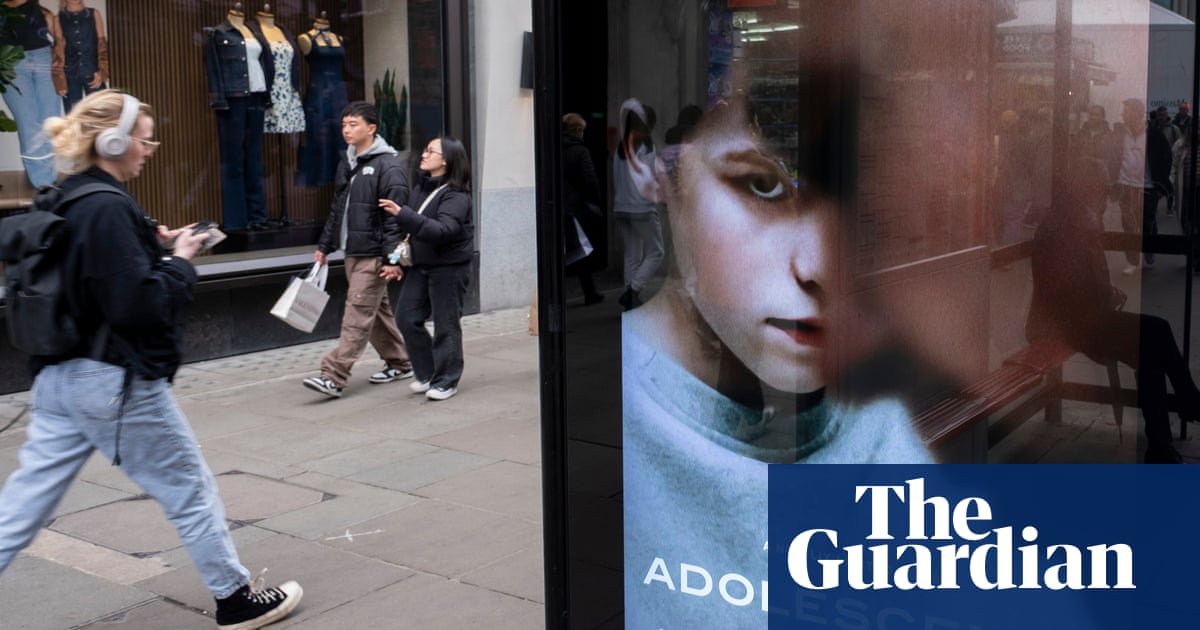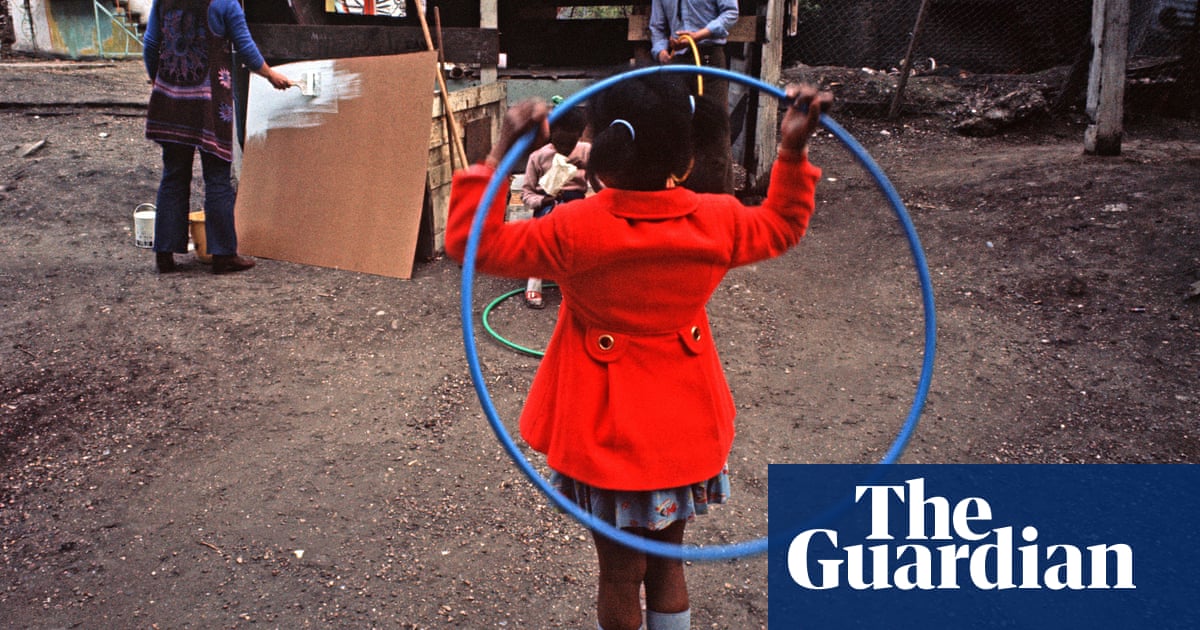A plan to fast-track the appeals of asylum seekers living in government-funded hotels could face multiple legal challenges on the grounds of discrimination, the government has said.
A 24-week legal deadline on appeal decisions for those staying in hotel rooms is being introduced in an attempt to fulfil a Labour manifesto promise to end a practice that costs the taxpayer billions of pounds a year.
More than 38,000 asylum seekers are housed in 222 hotels and a further 66,000 migrants are in “dispersal accommodation”, such as large houses, bedsits and flats.
The government has said it wants to stop using hotels by 2029 through a series of policies, including a quicker appeal process for those living in such accommodation whose initial asylum application has been rejected.
But officials have conceded in a legal memorandum to the border security, asylum and immigration bill that the new deadline could be challenged under the European convention on human rights (ECHR) by both those staying in hotels and living without government support.
Officials have warned that article 14 of the ECHR prohibits discrimination and that there is a risk that those in hotels will “not have sufficient time to prepare and present their case in a manner that is fair and in the interests of justice (due to delays in obtaining legal representation or expert evidence)”.
It is further argued that the “remaining non-prioritised cohort” who are appealing against an asylum decision could be “unjustifiably delayed” by the policy. The memorandum concludes that “in respect of both scenarios, there is a risk of article 14 discrimination”.
In its legal note, the government is said to remain confident that the law is compatible with the ECHR as the tribunal hearing the appeals will have the flexibility to not meet the deadline where “it is not reasonably practicable to do so”. “Accordingly, the government is satisfied that the clause is compatible with article 14 the ECHR,” it says.
The acknowledgment of the potential for the policy to be challenged will raise concerns over its credibility. Concerns around immigration were widely seen as a driving force behind the success of Nigel Farage’s Reform UK party in the recent local elections.
The government plans to publish an immigration white paper next week that is expected to include measures such as the requirement that those applying for a UK work visa will have to demonstrate they can speak English to A-level standard. It is also expected to include plans to restrict asylum seekers’ ability to stay in the UK due to family connections.
But the use of hotels to house asylum seekers remains a concern for many voters. Those staying within them have also become targets for the far right, including during last summer’s riots.
This week the National Audit Office reported that the cost of the 10-year contract signed in 2019 with the three private providers responsible for housing asylum seekers would cost an estimated £15.3bn.
Three-quarters of the money spent on asylum accommodation goes on hotels although they only account for about a third of those being housed. The estimated cost of shared housing for each person a night is £14.41, while the equivalent cost for a night of hotel accommodation for one person is £145.
The government has said it will increase court maintenance and building funding from £120m last year to £148.5m this year. It is claimed this will boost the number of days the immigration and asylum tribunal will be sitting to near maximum capacity, helping to speed up asylum claims.
The Home Office has been approached for comment.

 2 months ago
74
2 months ago
74

















































